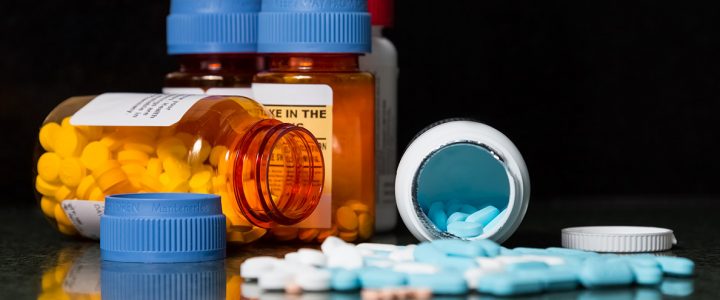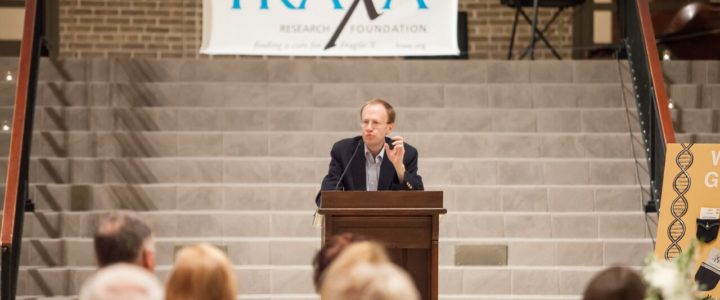The aim of this article is to discuss the use of Abilify (generic name: aripiprazole) as a treatment for people with Fragile X syndrome (FXS). As an “off-label” prescription, Abilify targets behaviors such as irritability, aggression, self-injury and severe tantrums.
Read moreAbilify
Considering Available Drugs for Fragile X: My Favorite Combination (So Far)

Which of the available drugs are best for fragile X? We tend to think of drugs according to their primary activity in the body, but very few drugs are totally selective and specific. There are differences between drugs in any given class, and these differences may be critical. Most drugs have “off-target” effects which are usually considered side effects, and it is these side effects which can have key advantages, in some cases.
Read moreAripiprazole as a Treatment for Fragile X Syndrome

Many medications are used to help people with Fragile X cope. But few clinical trials have been done on these drugs. Years ago FRAXA funded Dr. Craig Erickson to run a trial of aripiprazole (aka Abilify). FRAXA guest writer Hannah Miles recently caught up with Dr. Erickson to learn the results of the trial.
Read moreBrain Imbalance Target of Dr. Erickson’s New Clinical Trial

According to Dr. Erickson, AZD7325 is a drug that selectively boosts GABA neurotransmission in the brain. GABA is the primary neurochemical in the brain that blocks brain activation. GABA activity is in balance in the brain with Glutamate activity, which is the primary neurochemical that causes brain activation. In Fragile X, GABA activity is insufficient and glutamate activity is excessive, likely causing brain activity to be out of balance. AZD7325 attempts to correct parts of this imbalance by boosting the insufficient GABA activity in the brains of people with Fragile X.
Read moreSerotonergic Rescue of Synaptic Plasticity in FMR1 Knockout Mice

With $306,000 in grants from FRAXA Research Foundation, Dr. Julius Zhu from the University of Virginia examined the effects of several drugs such as Buspar and Abilify which manipulate specific serotonin receptors and the effect that has on synaptic plasticity (LTP and LTD).
Read moreClinical Trial of Aripiprazol in Fragile X Syndrome

With a FRAXA Research Foundation grant of $30,000 in 2006, Dr. Erickson conducted a pilot clinical trial of an available medicine, aripiprazole (brand-name Abilify). This was an open-label 12-week trial in 12 people ages 6–25 years with Fragile X. Results were promising, and published: 10 of the 12 participants showed behavioral improvements.
Read moreSocial Deficits in Fragile X Syndrome: Do Gene-Gene Interactions Play a Role?

With a $100,000 grant from FRAXA Research Foundation from 2005-2006, Drs. Jean Lauder and Sheryl Moy at the University of North Carolina looked for gene-gene interactions in Fragile X syndrome.
Read more
